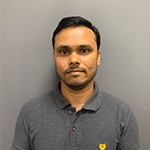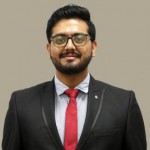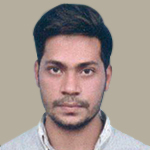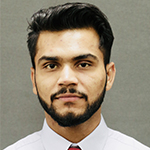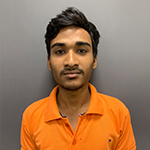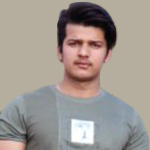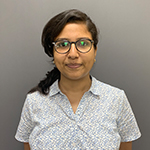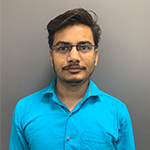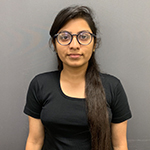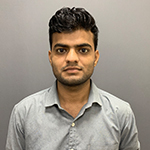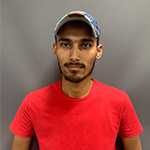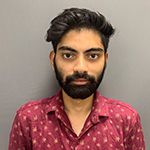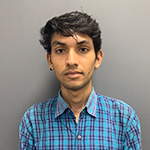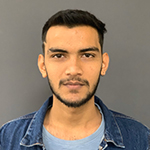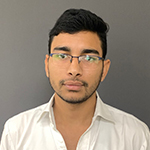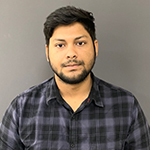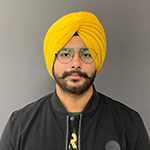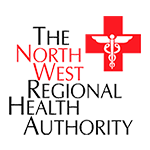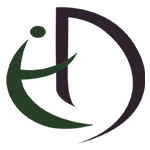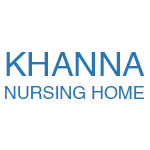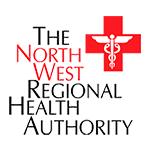Healthcare is a universal human right
Everyone must have access to proper healthcare, just as they must have access to natural resources such as air and water. We must therefore not view implementing Electronic Health Records (EHR) as an enterprise problem, rather we must implement the Universal Health Information Network (UNHIN) that is completely open source, free to use, highly secure and available to all individuals and organizations.
What is The UNHIN?
What is The UNHIN?
The current approach for implementing Electronic Health Records (EHR) is failing. The global expenditure for EHR will exceed $33.4 billion per year by 2025 for an approach that does not empower patients, alienates and frustrates physicians, and is prohibitively expensive. Developing nations cannot afford to implement the current, enterprise-based EHR systems, and it is economically unsustainable for the few advanced countries that have implemented it widely.
The Universal Health Information Network (UNHIN) is taking a fresh approach to solve this problem, applying decentralized computing, including blockchain technology to establish an open, secure and universally available network for collecting, securing and managing health information. It overcomes the numerous challenges and high costs related to managing health information to transform the way Electronic Health Records (EHR) are implemented. It empowers patients and physicians, reduces physician overheads, reduces costs, makes EHR available globally to all geographical regions and economic levels, and provides managed access to health information that does not exist today. It facilitates advancing healthcare globally, providing improved outcomes, and services that are not possible with current infrastructure and technology.
The UNHIN implements a custom, healthcare focused blockchain protocol that allows patients to own, manage and control their health information and maintains anonymity of healthcare transactions. It takes a unique approach that implements an open network at a universal scale that allows anyone to participate in it while keeping their information completely secure. It does this by applying cryptography, decentralized computing and blockchain technology to implement data protection and security levels that far exceed prevalent technology and policy standards such as HIPAA. Furthermore, it applies blockchain to create its own community driven economy that incentivizes people and healthcare organizations to participate in the network.
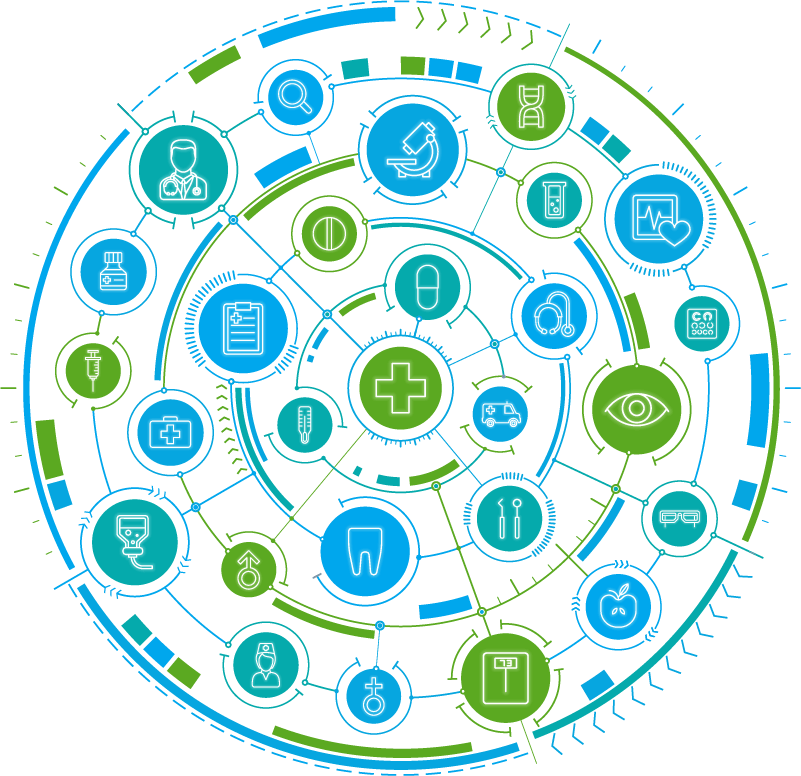
The UNHIN will be universally available to everyone for free, completely open source, wholly community driven, economically self-sustaining, and independent of any commercial enterprise. Providing a truly universal health information network that is ever present and freely available to everyone, and all individuals and organizations can use it for managing health information. This is in contrast to the traditional approach of implementing EHR software as enterprise systems and then finding ways to integrate these enterprise systems to achieve interoperability, which is costing billions of dollars every year with limited results and is proving to be prohibitively expensive and problematic to implement and operate.
Why Blockchain?
Why Blockchain?
While cryptocurrency is Blockchain technology’s most recognized application, it can be applied to numerous other fields. At its core it provides a technology that allows implementing:
- decentralized, peer-to-peer networks,
- that incentivize people to participate in them,
- have their own network-managed economy, allowing the network to be open source while still paying for its development, operation and maintenance,
- and provide a cryptographically secured, trust-free environment,
- that allows people to transact with each other without requiring any trusted intermediary
It is this technology foundation in combination with additional decentralized computing innovations that enables us to implement the Universal Health Information Network (UNHIN) as a universally available, completely open network that is independent of any commercial enterprise. The UNHIN will be an information network that is truly owned and operated by the global community. It will have its own independent economy via a ‘native token’. Individuals and organizations will use this native token to access services in the network and will be rewarded via this token for contributing to the network and providing services on it.
The UNHIN is implementing a healthcare specific blockchain protocol that applies cryptography to implement data protection and security levels that far exceed prevalent technology and policy standards such as HIPAA. Health records are completely protected so that only their individual owners can access them. A blockchain based digital rights management (DRM) system and smart contracts enable data authorization, allowing individuals to have complete control over their health information and securely grant fine grained access to other individuals, physicians or healthcare organizations as required.
Even in Today's Information Age, there is no Established Network for Health Information
In today’s connected world, where we have come to expect communication and easy access to information of all types, health information is not managed or handled properly and people do not have access to their health information. Underprivileged and developing nations simply cannot afford to implement prevalent Electronic Health Record (EHR) systems, and advanced nations have severely flawed implementations that frustrate physicians and do not engage patients or provide them access to their own information.
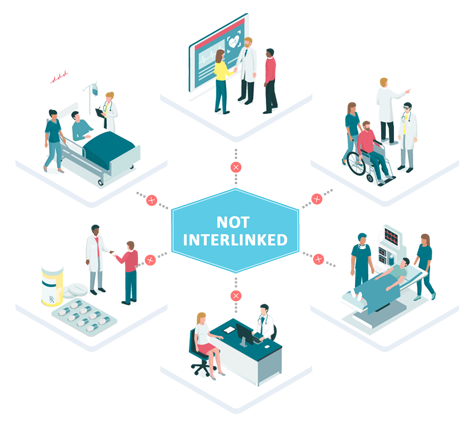
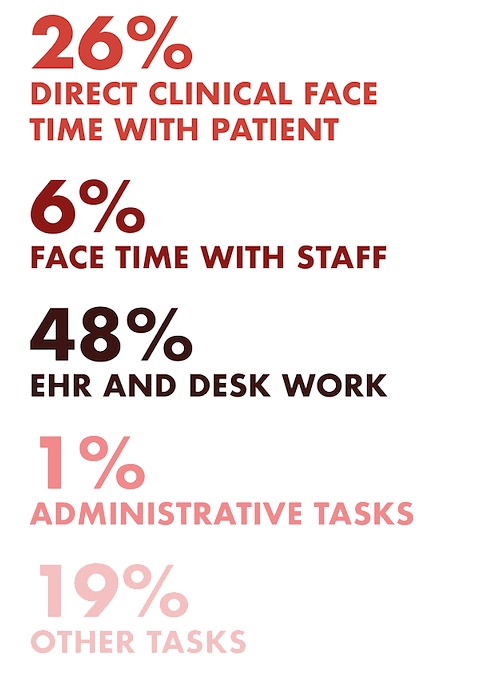


The current approach for implementing Electronic Health Records (EHR) is failing!
Healthcare organizations have traditionally implemented EHR software as enterprise systems for their organizations, or departments. They use different software packages (as many as 1000+ different products), and different versions of the same software packages that are tailored to implement the requirements of a specific enterprise.
Once implemented for each enterprise, organizations or consortiums then spend enormous amounts of time, effort and money in trying to make these enterprise systems communicate with each other, which is made enormously complex due to differences in data structures, software, and also the complexity of the information that comprise EHRs.
This approach is tremendously problematic and incredibly expensive, with the global EHR expenditure expected to reach $33.4 Billion per year by 2025! A level of expenditure that is hard for advanced countries to maintain and is simply not affordable for developing and underprivileged nations.
Furthermore, these EHR systems are not providing desired results. They are not patient centric, rather they are designed more from the perspective of billing, claims and other enterprise processes for hospitals and other healthcare providers. This means that patients cannot access or manage their own health information and the EHRs don’t interoperate across providers or even across departments at the same hospital. This impacts continuity of care for patients, disrupts productivity, and frustrates and burdens physicians.
The UNHIN Approach
The UNHIN Approach
The UNHIN takes a fresh look at how Electronic Health Records should be implemented; what is required to empower patients by implementing patient centric Electronic Health Records (EHR) at scale; what is required to make EHR universally available to everyone, across all regions and all economic levels; how can EHRs be secured beyond all prevalent security standards; how can EHR be managed via a self-sustaining, community driven network in a vendor neutral manner, free of any commercial enterprise, driving towards the goal of enabling “healthcare as a universal human right”; how to implement this network in such a way that existing hospital and practice management systems can plug into it to drive rapid adoption – allowing the existing healthcare ecosystem to transform into a patient centric model that will enable effective, patient centric care and solve the problem of interoperability by providing each individual with the ability to assimilate, own and manage their health information.
Transformative Technology
Transformative Technology
The UNHIN combines lessons learned from prior EHR implementations with the latest developments in technology to achieve all of the above goals. The UNHIN implements a decentralized storage network that cryptographically shreds and secures all information so that it is suitable for securely storing health information. It combines this with a healthcare specific blockchain protocol that maintains patient privacy while allowing the network to be self-sustaining and community driven with its own network economy driven by the UNHIN token. It integrates the blockchain with a decentralized Digital Rights Management (DRM) system that allows each individual to manage their health information and provide authorized access to healthcare providers as required. It implements a masternode network within its blockchain that enables healthcare providers and researchers to request patient information on a global scale that is simply not possible today and implements a sub-network for emergency health-information to allow emergency care workers to securely access life-saving information for individuals in time of need.
To achieve such a network, the UNHIN implements its own blockchain with several innovations and features required to support the storage and management of health information to meet and exceed prevalent standards such as HIPAA. These innovations include:

FEATURED BLOGS
FEATURED BLOGS

Healthcare digitisation in Nigeria
Universal Health Records are a key component of health information technology, which has increasingly been utilized to industrialise nations to improve healthcare. Healthcare is considered one of the most important services in the world ...

How the UNHIN can impact the Department of Veteran Affairs
The Department of Veterans Affairs (DOVA) includes the largest health system in the United States and the second largest agency in the federal government. Yet, they face the greatest problems. One of the major issues with the VA system is ...

Driving Patient Engagement with the Universal Health Information Network (UNHIN)
Patient engagement is a crucial element in population health management and involves encouraging patients to take an active role in improving their health. In order to better engage patients, not only do providers need to administer care during patient visits, ...

Implementing Open Source Electronic Health Record (EHR) Systems for Hospitals in Developing and Underprivileged Areas
EHRs hold the promise of making it easier to capture, access and use health information for both patients and physicians. In practice, EHRs are failing to deliver this goal and present several challenges. Even with all the advancement s in today’s ...

A Fresh Approach to providing Universal Electronic Health Records
Collecting, securing, managing and making effective use of health information remains a problem globally. While this applies to every aspect of healthcare, including drug production, clinical research and trials, analysis of treatments, identification of health trends, etc., it is ...

Ambulatory Surgical Centers (ASCs) are an emerging global trend in the delivery of health care
As health care facilities that provide same-day surgical care, Ambulatory Surgical Centers (ASCs) are an emerging global trend in the delivery of health care. With many states newly adopting the Delivery System Reform Incentive Payment (DSRIP) Program that calls for ...

The UNHIN WILL HELP PROMOTE SUSTAINABLE DEVELOPMENT GOAL 3 – GOOD HEALTH AND WELL-BEING
In 2015, all United Nations (UN) Member States adopted 17 Sustainable Development Goals (SDGs) as a plan to build a better world for people and our planet by 2030. The SDGs are a call to action by all countries – poor, rich, middle-income – to work...
FEATURED VIDEOS
FEATURED VIDEOS
Meet Our Team
Meet Our Team
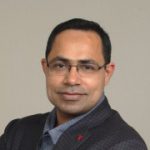
Shubh Singh
Program Director for the UNHIN
Shubh is a successful entrepreneur and technology leader. As the founder & CEO of New Fields Technologies, he has led the company in developing multiple sophisticated, highly impactful platforms in healthcare, health insurance and health & human services. Prior to that he held leadership positions with Strategy&, Deloitte and BearingPoint where he led the architecture, design, development and implementation of some of the most significant technology platforms in health and human services in the USA, including cutting edge technology systems for New York City, New York State, Nevada, Connecticut and Maryland that positively impact the lives of millions of people.
Shubh has consistently worked with the latest technologies for close to 20 years, applying distrbuted and decentralized computing to developing largescale systems and solving some of the toughest technology challenges. He is the creative force behind combining decentralized computing, healthcare oriented blockchain protocols, cryptography, digital rights management and artificial intelligence to formulate the Universal Health Information Network

Rose Rosenfeld
Healthcare Industry Lead for the UNHIN
Rose is a healthcare industry leader with extensive experience as an entrepreneur, senior executive, and facility administrator. She serves as the Chief Financial Officer of the ODA Primary Healthcare Network and is the co-owner and Administrator of the CHC Surgical Care Center for pain management based in Brooklyn. She also represents ODA on the New York State DSRIP (Delivery System Reform Incentive Payment) program, where she collaborates with other leading healthcare finance professionals, working to fundamentally restructure the healthcare delivery system by reducing unnecessary strains on the Medicaid program in the USA.
The breadth and versatility of Rose’s experience has positioned her to lead all aspects of healthcare organizations including organizational structure, physician recruitment and retention, operations and support, financial management, accounting, instituting best practices, record keeping, all aspects of financial and healthcare reporting, auditing, and more. She is serving as a key advisor for the Transform Global Health initiative and the Healthcare Industry Lead for the Universal Health Information Network (UNHIN), providing insights regarding all aspects of the healthcare industry. She is also assisting the UNHIN in liaising with healthcare industry professionals and leaders in the USA and globally and to chart a roadmap that resonates with the most important requirements and challenges faced by the industry.
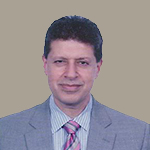
Wajdi Bustani
Data Strategy Lead for the UNHIN
Wajdi Bustani joined the World Bank Group in 1988 where he held various positions in IT Management, Big Data Management, Private Sector Investment, and Financial Risk Management.
In his former role as the World Bank Group CIO – Finance, he led a global team responsible for business process and intelligence, information and solutions architecture, and analytics. He conceived and directed the Office of Data Management, a highly regarded function to support decision making and strategic development programs. In the process, he oversaw data and information governance, control, policy development, and effective use, enabling the Group with the capability to drive better informed decision making and strategic development activities and objectives. As a member of the leadership team, he orchestrated the IT strategy to improve business process inefficiencies, identified IT capabilities to better manage financial risk, and formulated principles to guide and drive the Bank’s IT investments.

Camille Chee Awai
Platform Adoption Lead for the UNHIN
Camille develops and invests in impact projects focusing on renewable energy, telecommunications, agri-business and blockchain applications. With a 29-year history in private equity, project and corporate finance, Camille is using her global network to facilitate platform adoption of UNHIN.360-degree investment cycle experience in Latin America and Caribbean and USA.
Held positions at International Finance Corporation (private sector arm of World Bank Group) and GE Capital. Structured and funded US $497 Million in privately held securities in projects valued at US $4.3 Billion. Private equity and hedge fund management.
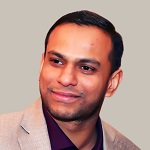
Sandeep Arappoyil
Solution Architect for the UNHIN
Sandeep is a highly experienced solution architect who has been instrumental in successfully architecting and developing some of the most significant Health & Human Services (HHS) and financial services systems in USA. This includes providing the foundational architecture for modernizing the largest payments system in the world and implementing multiple HHS and HIX (Health Insurance Exchange) systems in New York State, Nevada, Connecticut and Maryland. His work has had a huge impact by modernizing and migrating multiple large, archaic government systems to open source technology and cloud platforms such as AWS and Google Cloud.
Sandeep specializes in building complex, high-security systems on cloud computing platforms specially in highly regulated Government, Banking and Financial Services domains. In his many years of experience, Sandeep has designed and built large scale, end-to-end enterprise IT infrastructure and applications using numerous technologies including Java, JEE, .Net. PHP, Python, Android, iOS, REST, SOAP, ESB, RBAC, RDBMS, NOSQL, ETL, EDI, and multiple open source and commercial technology products and platforms from Apache, JBOSS, Red Hat, IBM, Oracle, SailPoint, and a lot more. He has exceptional hands on technical skills with the ability to lead complex projects from inception, through architecture, development, testing and implementation.
Sandeep is responsible for designing and developing the core architectural foundation for the Universal Health Information Network (UNHIN). He leads the design and development of the decentralized infrastructure, decentralized digital rights management system, and blockchain and security protocols for the platform. He is responsible for ensuring the security and privacy controls for the UNHIN meet or exceed various local, national and international regulatory requirements for health information systems.

Shaaswat Sharma
Technical Lead for the UNHIN
Shaaswat is a highly talented and energetic technology architect with a multi-faceted skill set and experience in delivering largescale, complex technology systems. He works hands on with a wide range of technologies including web and mobile systems, databases, enterprise security, blockchain, decentralized computing, data science, analytics and artificial intelligence. In his highly progressive experience he has implemented platforms that positively impact millions of people, such as the Maryland Health Benefit Exchange Mobile platform, the only complete mobile government medical benefits platform developed nationally in the USA.
Shaaswat has also led the implementation of multiple blockchain projects, and lives and breathes decentralized computing and complex digital platforms. He is serving as the Technical Lead for the Universal Health Information Network (UNHIN), leading the team hands on in the detailed architecture and development of the platform across all its components including its decentralized network, healthcare oriented blockchain protocols, digital rights management, artificial intelligence algorithms, and web and mobile applications for end users.

Shivangini Sethi
Media & Marketing Manager for the UNHIN
Shivangini specialises in social media marketing, campaign strategy, content creation, dynamic branding and community engagement. She is a goal-oriented creative, talented and enthusiastic manager. Having worked with large media channels, PR and advertising agencies and broadcast media.
She has conceptualised and executed social media strategies for global Indian TV programs Times Now, CNBC TV 18, ET Now, Zee Business, automobile giants like Audi and Harley Davidson and lifestyle and fashion brand American Swan.

 Subscribe to my channel
Subscribe to my channel



